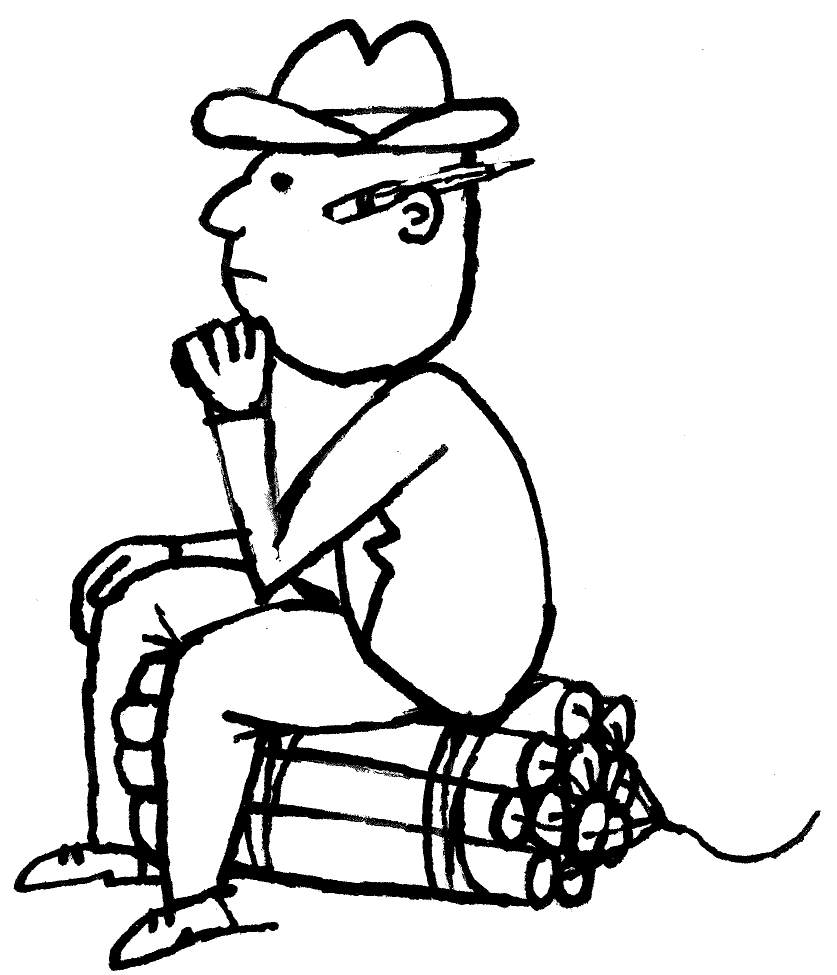A century ago this year, Walter Lippmann, the progressive icon and high priest of liberal internationalism, published his seminal text, Public Opinion. It was one of several books published during the progressive era, including Edward Bernays’s Propaganda (1928), that called for the professionalization of journalism. This was an urgent task amid a growing backlash against monopolistic industry and widespread anti-war dissent that threatened to undermine established institutions.
Today, the media class is gripped by similar anxieties. The Aspen Institute’s Commission on Information Disorder, a think tank featuring such grandees as Katie Couric and Prince Harry, released a report last fall bemoaning the threat to democracy and “truth” posed by a massive loss of faith in establishment media.
These are real crises. Many prestige outlets are hemorrhaging readers and advertising revenue, and hedge funds, looking for a quick investment, have been buying up struggling newspapers, dumping their local reporters and flipping any associated real estate. As a result, nearly all of the functions once performed exclusively by educated and credentialed journalists are now done by ordinary citizens with no formal training in the field. Their work is then hosted on giant social-media platforms, whose content is free and available to anyone with an internet connection.
The role of the local reporter is being bypassed by the community Facebook group—a staple in every American town—where citizens discuss local elections, new businesses, barbecues, and sports. TikTokers in conflict zones increasingly play war correspondent. Politicians and celebrities can communicate directly with ordinary people on YouTube, Reddit, or podcasts. Covid restrictions, meanwhile, mainstreamed the fact that anyone could participate in, say, school-board meetings virtually, from the comfort of the bedroom. A private citizen with her smartphone caught breaking-news footage of the murder of an unarmed George Floyd.
